超伝導量子回路の集積化技術の開発 プロジェクトマネジメント事務所
〒305-8568 茨城県つくば市梅園1-1-1 産総研中央第2事業所 NEC量子冠ラボ内
ULVAC Develops Dilution Refrigerator for Quantum Computers
– Supporting Japan’s First Fully Domestic Quantum Computer with Cryogenic Innovation
(2025/04/24)
ULVAC, Inc. and ULVAC CRYOGENICS INC. have successfully developed a dilution refrigerator designed for quantum computing applications. On April 4, 2025, the unit was installed at a leading quantum research institute in Japan. This achievement marks a critical milestone in the development of the country’s first fully Japan-built quantum computer―realized using only domestically developed core components.
Until now, Japan has faced the long-standing challenge of building a quantum computer entirely from domestically sourced technologies. ULVAC’s cryogenic solution, now operating as a core part of this quantum system, demonstrates Japan’s growing competitiveness in the global quantum race. Localized development enables flexible scalability, secure supply chains, and lower operational risks for users. Among these elements, the dilution refrigerator―ensuring a stable cryogenic environment essential for high-precision qubit operations―plays a vital role in enabling both deployment and long-term usability.
This quantum computer will be publicly demonstrated at the Expo 2025 Osaka, Kansai, Japan during the “entangle moment – [quantum | earth | universe] × art” event, to be held from August 14-20. Visitors will be able to interact with the system via the cloud, experiencing real-time quantum operations firsthand.
The complete article can be found at the following URL:
–Paving the way to practical quantum computation with a highly memory-efficient design with excellent portability
(2025/03/04)
Takumi Kobori, a graduate student (an intern at Nippon Telegraph and Telephone Corporation at the time) and Professor Synge Todo of the Graduate School of Science at The University of Tokyo, Researchers Yasunari Suzuki and Yuuki Tokunaga of Nippon Telegraph and Telephone Corporation, Research Fellow Yosuke Ueno of the RIKEN Quantum Computer Science Institute, and Associate Professor Teruo Tanimoto of the Graduate School of Systems Information Science, Kyushu University, have proposed a new architecture for error-tolerant quantum computation that applies the basic design of conventional computers to quantum computers. This technology is expected to accelerate the early realization of useful quantum computation by enabling high portability of programs (ease of migration to other environments) and utilization of highly efficient quantum hardware.
The complete article can be found at the following URL:
メモリとプロセッサを分離した新たな量子コンピュータのアーキテクチャを提案 | 研究成果 | 九州大学(KYUSHU UNIVERSITY)
(May 5, 2024)
The complete article can be found at the following URL:
(July 4, 2023)
Researchers at the National Astronomical Observatory of Japan (NAOJ) invented a novel microwave isolator and demonstrated for the first time its basic principle that enables small isolators that will be essential for future quantum computers. This isolator consists of two frequency mixers, which are widely used in receivers for radio telescopes, and paves the way for the development of large-scale multi-pixel radio cameras as well.
The complete article can be found at the following URL:
(December 20, 2023)
High Performance Computer System (HPCS) Lab. @ Seoul National University (snu.ac.kr)
You can find all the related documents and videos here.
Timetable|Moonshot Goal 6 International Symposium 2023 (jst.go.jp)
Small But Mighty: New Superconducting Amplifiers Deliver High Performance at Lower Power Consumption
(2023/03/20)
Researchers have devised a new concept of superconducting microwave low-noise amplifiers for use in radio wave detectors for radio astronomy observations, and successfully demonstrated a high-performance cooled amplifier with power consumption three orders of magnitude lower than that of conventional cooled semiconductor amplifiers. This result is expected to contribute to the realization of large-scale multi-element radio cameras and error-tolerant quantum computers, both of which require a large number of low-noise microwave amplifiers.
The complete article can be found at the following URL:
Realization of a novel method for the detection of parasitic defects in superconducting qubits
~Paving the way for removing defects in quantum processors~
(2022/12/22)
Nippon Telegraph and Telephone Corporation (NTT, Head office: Chiyoda-ku Tokyo; President & CEO: Akira Shimada) and the National Institute of Advanced Industrial Science and Technology (AIST) have realized a novel technique for the detection of parasitic defects in superconducting qubits. Superconducting qubits are among the most promising hardware platforms for building a quantum computer, but the realization of a full-scale fault-tolerant quantum computer remains a challenging task due to limited lifetimes of the superconducting qubits. One of the major noise mechanisms limiting the qubit lifetimes is due to unwanted two-level-system (TLS) defects in superconducting qubits. Therefore, investigation and mitigation of noise contributions from TLS defects are crucial for the further improvement of superconducting quantum processors.
In this work, NTT and AIST introduce a novel method of defect spectroscopy in superconducting qubits that allows one to distinguish different types of TLS defects. The reported method will become a valuable diagnostic tool for quantifying TLS defects and finding optimal techniques and materials for the fabrication of defect-free superconducting qubits.
This research was reported in the American journal PRX Quantum on December 21, 2022. This work was partially supported by JST CREST (JPMJCR1774) and JST Moonshot R&D (JPMJMS2067).
The complete article can be found at the following URL:
skip contents
このプロジェクトは、2050年までに従来のコンピュータでは解く事が難しかった問題に超高速で答えを出す汎用の量子コンピュータを実現するMoonShotプログラムの目標を受けて、その実現に必要となるデバイス・機器の設計・製造技術を開発する事を目的としています。
中でも超伝導回路を用いて構成される量子ビットチップを使いこなすために、極低温環境下にあるチップとそれを制御する機器間の接続や量子ビットチップそのものの品質向上、さらにより簡単に使いこなせる新しい超伝導量子ビットチップの開発に取り組みます。
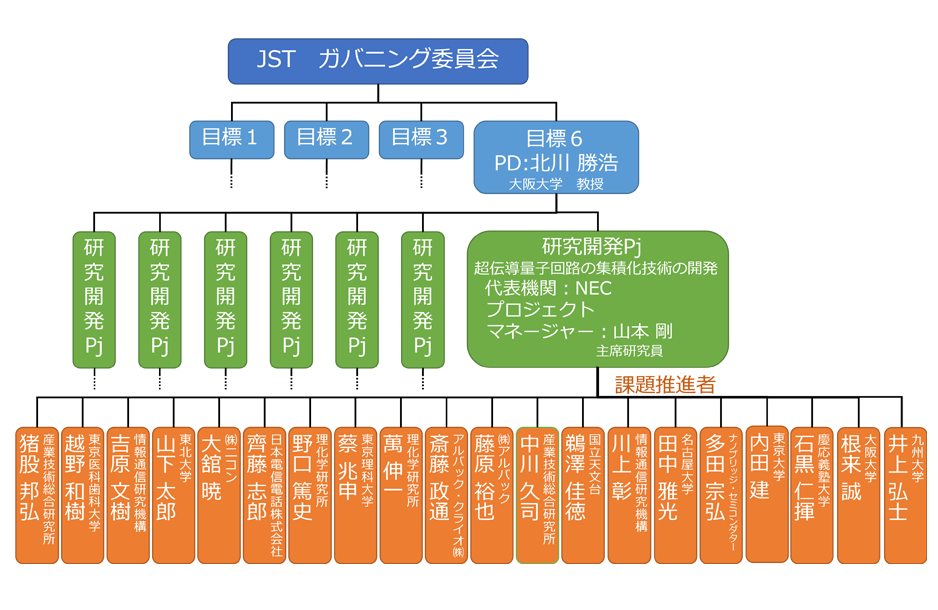
〒305-8568 茨城県つくば市梅園1-1-1 産総研中央第2事業所 NEC量子冠ラボ内
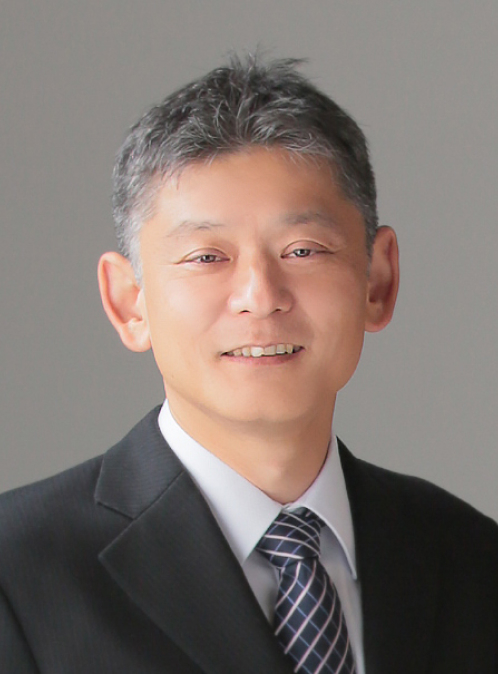
日本電気株式会社 システムプラットフォーム研究所
主席研究員
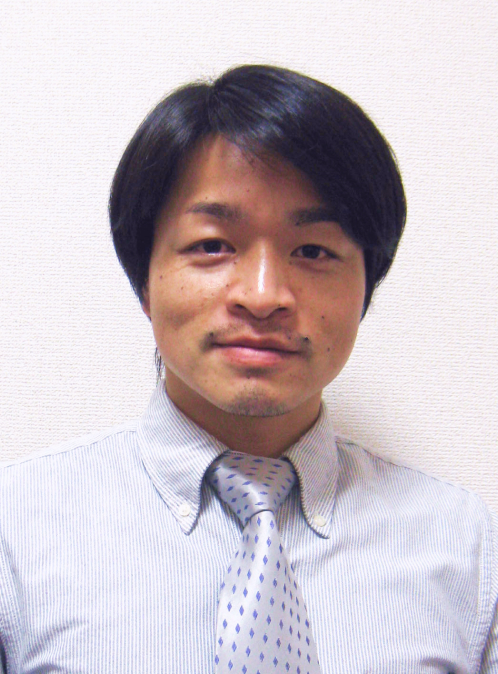
国立研究開発法人 産業技術総合研究所 新原理コンピューティングセンター
主任研究員
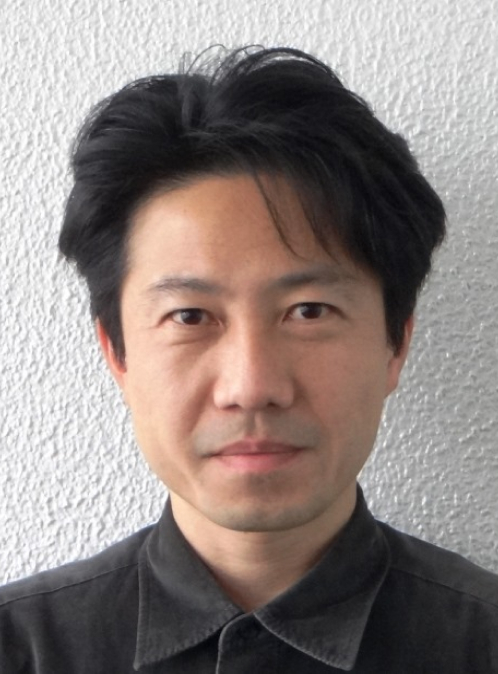
東京医科歯科大学教養部
准教授
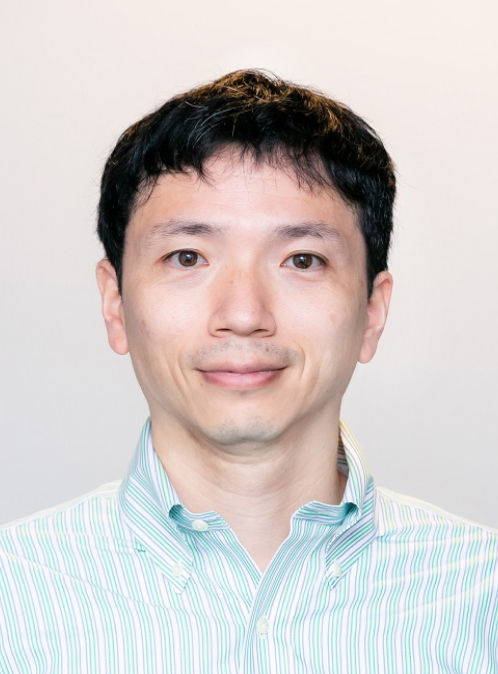
情報通信研究機構 未来ICT研究所
主任研究員
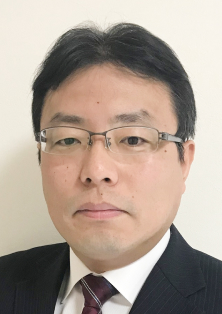
日本電気株式会社 システムプラットフォーム研究所
研究部長
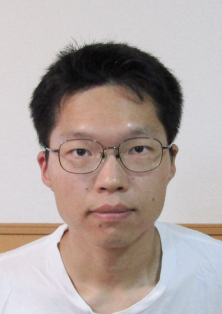
日本電気株式会社 システムプラットフォーム研究所
研究マネージャ
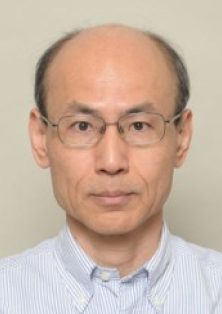
日本電気株式会社 システムプラットフォーム研究所
主任研究員
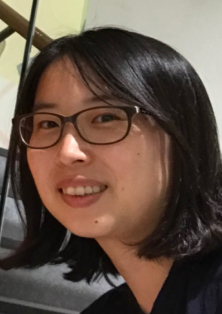
日本電気株式会社 システムプラットフォーム研究所
担当
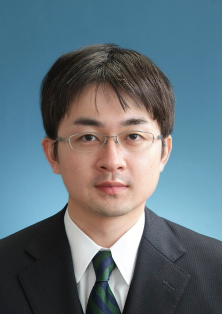
日本電気株式会社 システムプラットフォーム研究所
主任
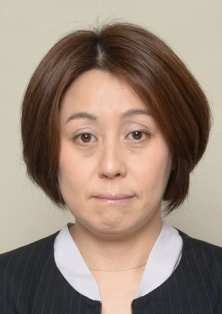
日本電気株式会社 システムプラットフォーム研究所
主任

日本電気株式会社 システムプラットフォーム研究所
担当
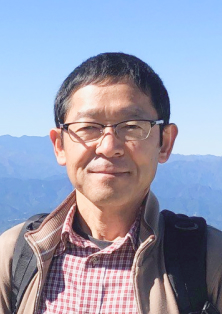
日本電気株式会社 システムプラットフォーム研究所
エキスパート
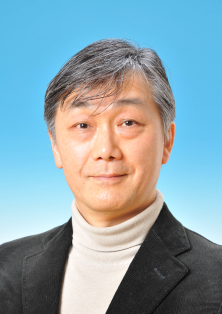
情報通信研究機構 未来ICT研究所
上席研究員
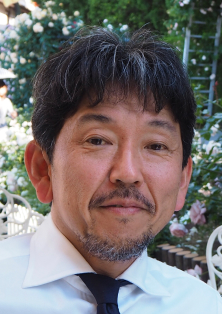
情報通信研究機構 未来ICT研究所
上席研究員

情報通信研究機構 未来ICT研究所
主任研究員
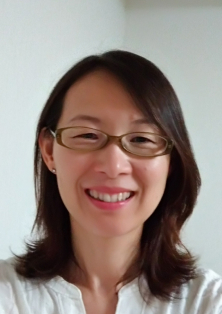
情報通信研究機構 未来ICT研究所
研究員
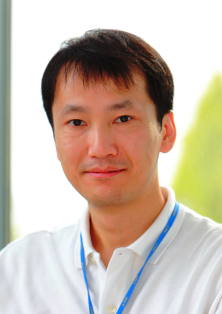
情報通信研究機構 未来ICT研究所 フロンティア創造総合研究室
主任研究員
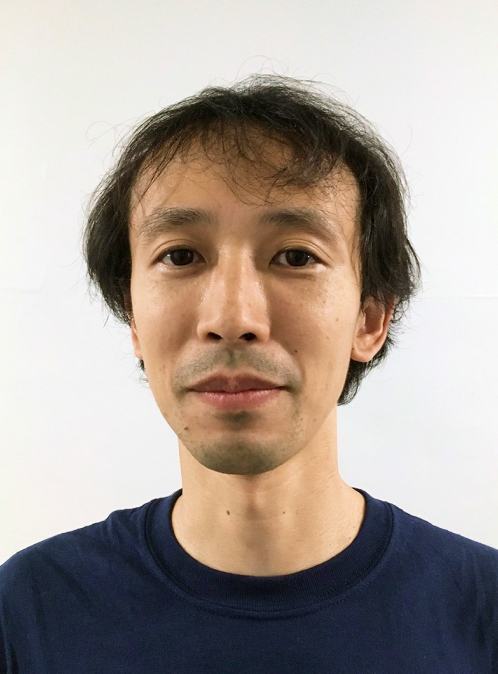
名古屋大学大学院工学研究科
助教
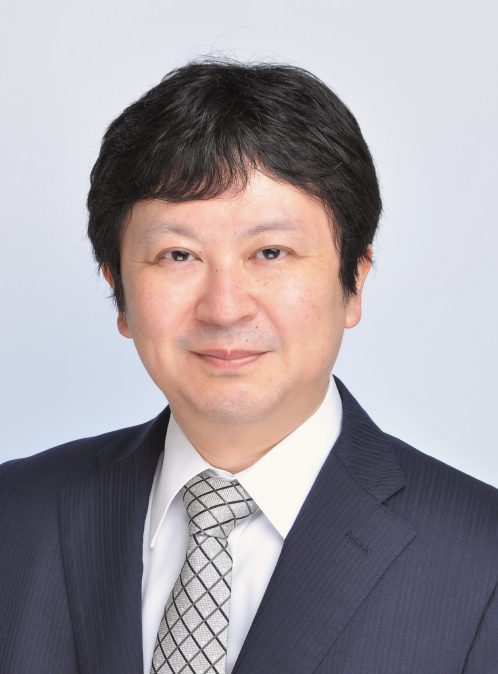
株式会社ニコン 研究開発本部 光技術研究所
技監補
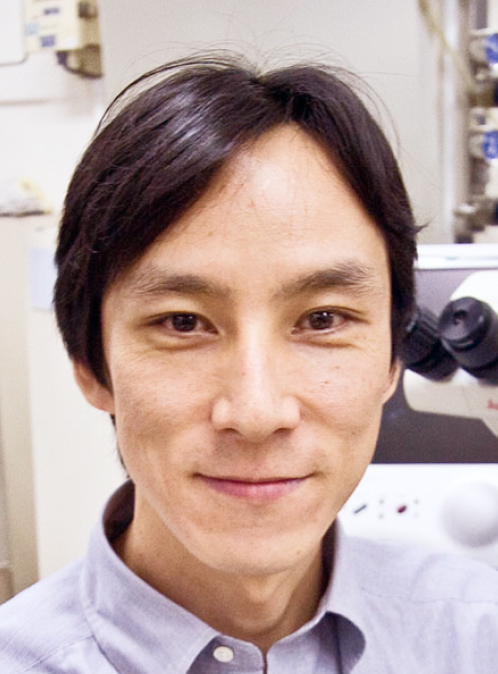
NTT物性科学基礎研究所
特別研究員
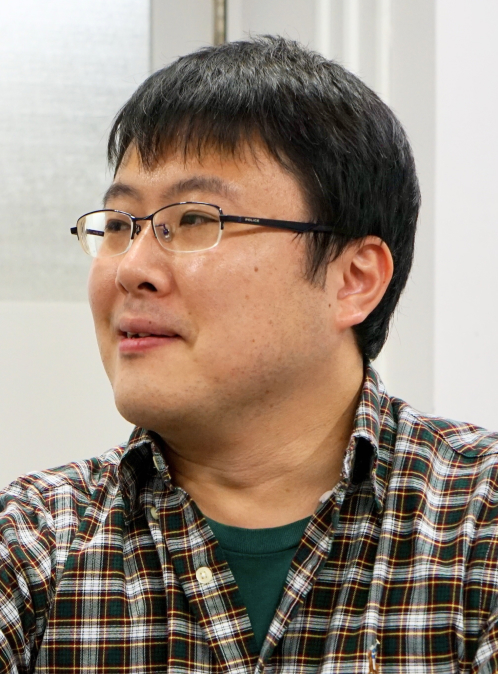
理化学研究所
チームリーダー
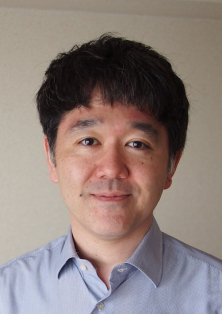
名古屋大学大学院工学研究科
准教授
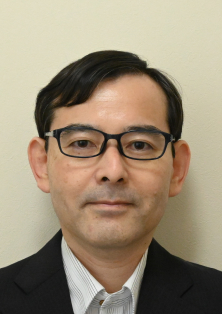
株式会社ニコン 研究開発本部 光技術研究所
課長
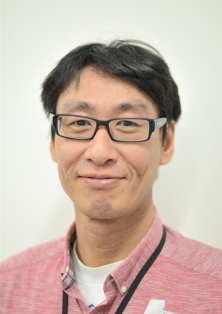
株式会社ニコン 半導体装置事業部 事業企画部
技監補
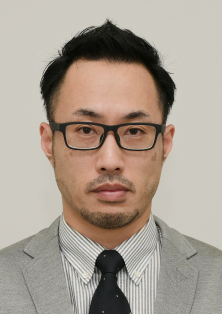
株式会社ニコン 研究開発本部 光技術研究所
主幹研究員
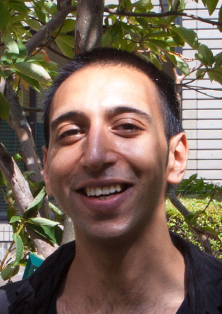
NTT物性科学基礎研究所
特別研究員
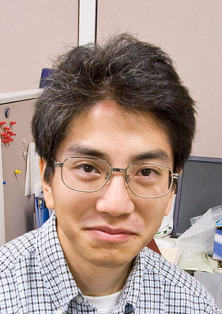
NTT物性科学基礎研究所
主任研究員
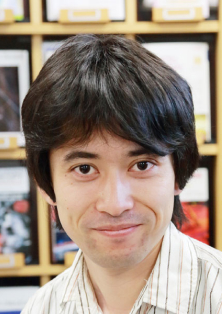
NTT物性科学基礎研究所
研究主任
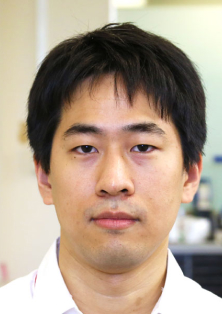
NTT物性科学基礎研究所
研究員
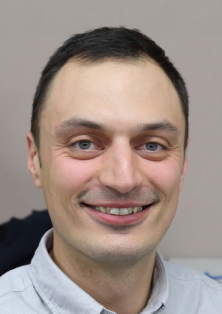
NTT物性科学基礎研究所
リサーチスペシャリスト

NTT物性科学基礎研究所
研究員

NTT物性科学基礎研究所
技術派遣
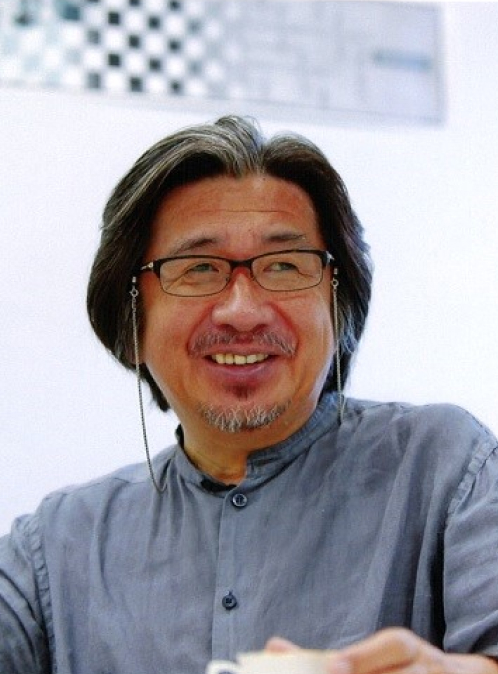
東京理科大学 物理学科
教授
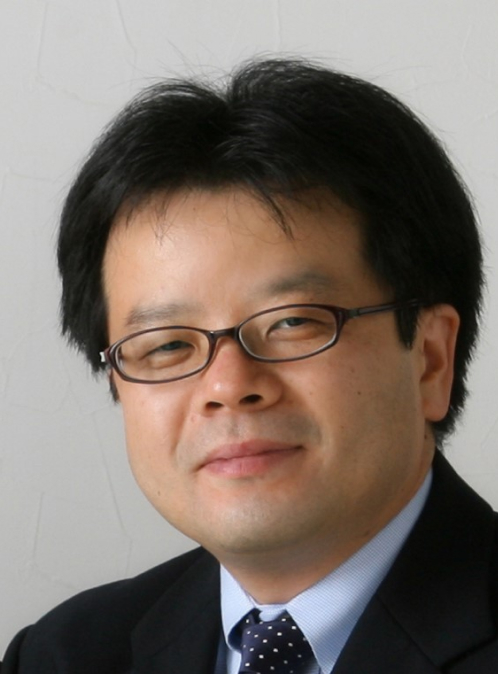
国立研究開発法人理化学研究所 創発物性科学研究センター
コーディネーター
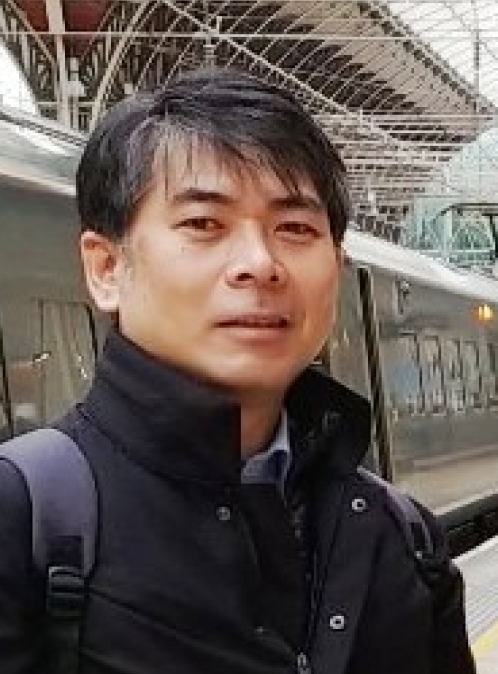
アルバック・クライオ株式会社
課長

株式会社アルバック 規格品事業部
主席研究員
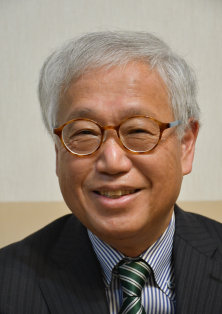
東京理科大学
特任副学長
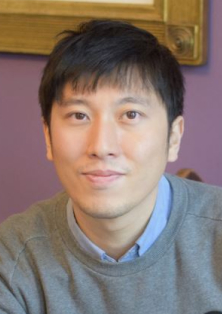
東京理科大学 物理学科
講師
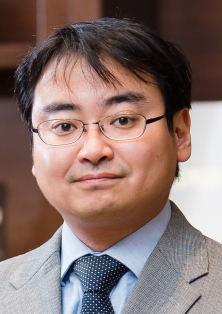
東京理科大学 応用物理学科
講師
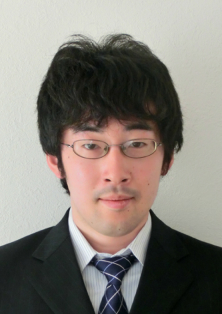
国立研究開発法人理化学研究所 創発物性科学研究センター
ユニットリーダー
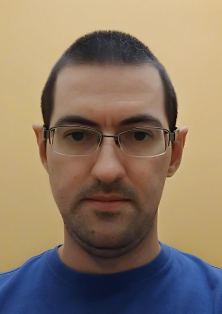
国立研究開発法人理化学研究所 創発物性科学研究センター
テクニカルスタッフ
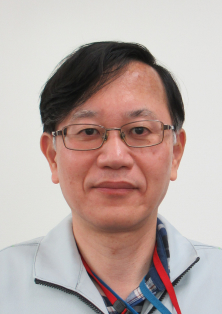
国立研究開発法人理化学研究所 創発物性科学研究センター
テクニカルスタッフ
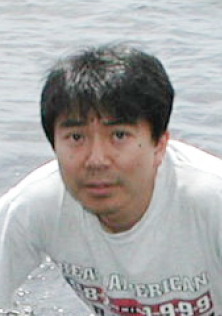
国立研究開発法人理化学研究所 創発物性科学研究センター
テクニカルスタッフ
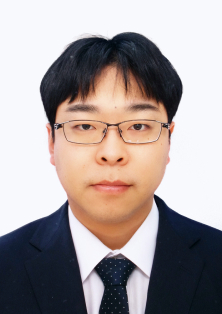
国立研究開発法人理化学研究所 創発物性科学研究センター
客員研究員
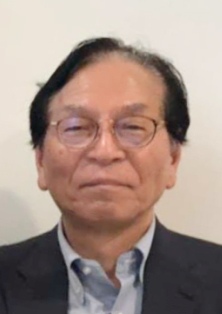
アルバック・クライオ株式会社
技術顧問
筑波大学名誉教授
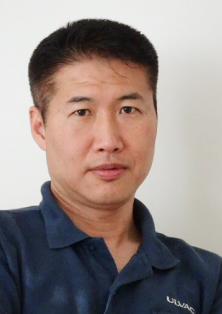
株式会社アルバック 規格品事業部
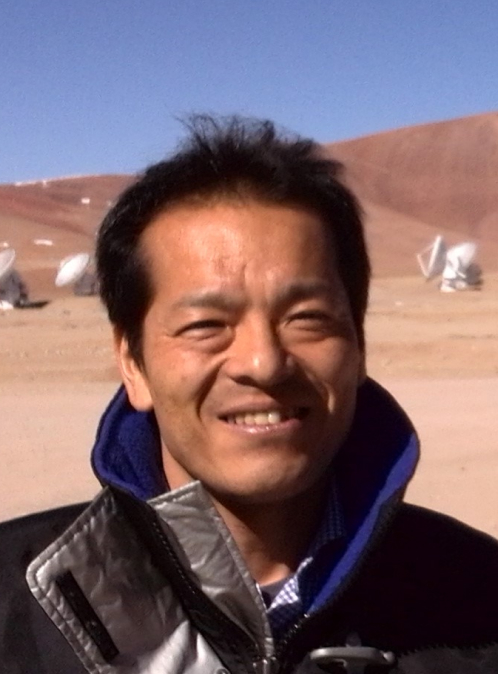
国立天文台 先端技術センター
教授
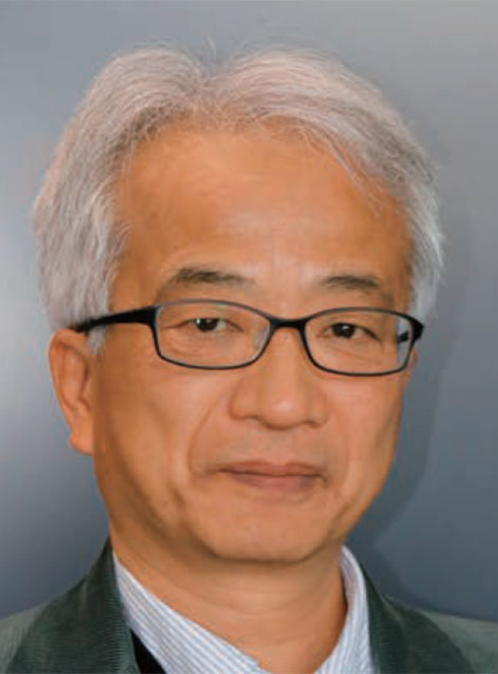
情報通信研究機構 未来ICT研究所
主任研究員

名古屋大学大学院工学研究科
助教
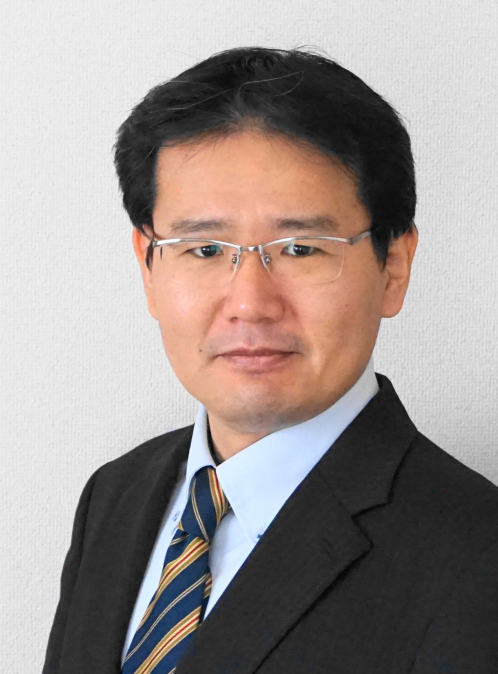
ナノブリッジ・セミコンダクター株式会社
取締役 開発製造部長
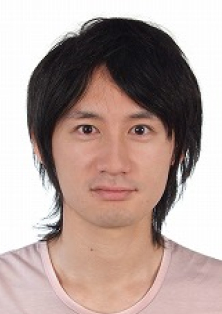
国立天文台 先端技術センター
准教授
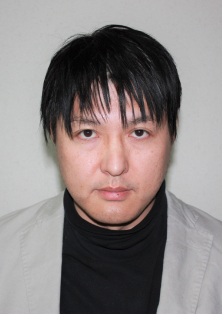
国立天文台 先端技術センター
准教授
国立研究開発法人 産業技術総合研究所 新原理コンピューティングセンター
クロスアポイントメントフェロー
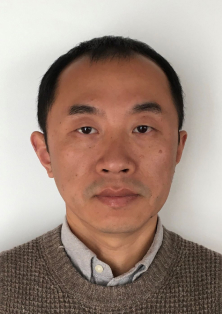
国立天文台 先端技術センター
准教授
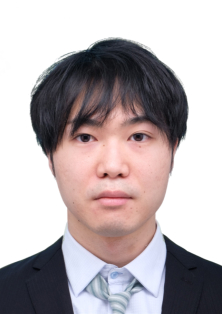
名古屋大学大学院工学研究科
大学院生
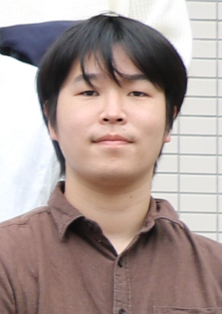
名古屋大学大学院工学研究科
大学院生
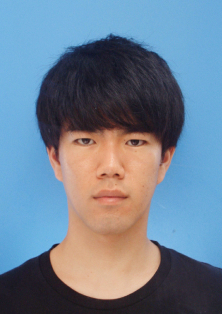
名古屋大学大学院工学研究科
大学院生
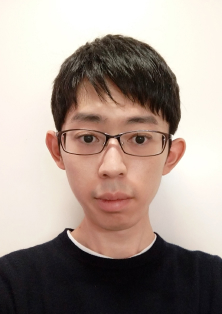
名古屋大学大学院工学研究科
大学院生
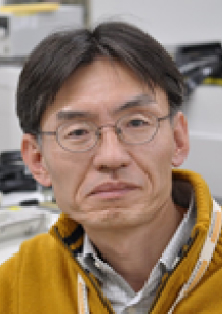
ナノブリッジ・セミコンダクター株式会社
取締役 技術責任者
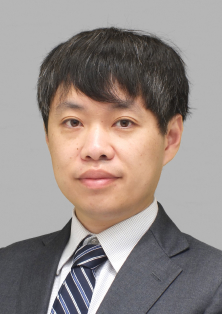
ナノブリッジ・セミコンダクター株式会社
主任研究員

ナノブリッジ・セミコンダクター株式会社
主任
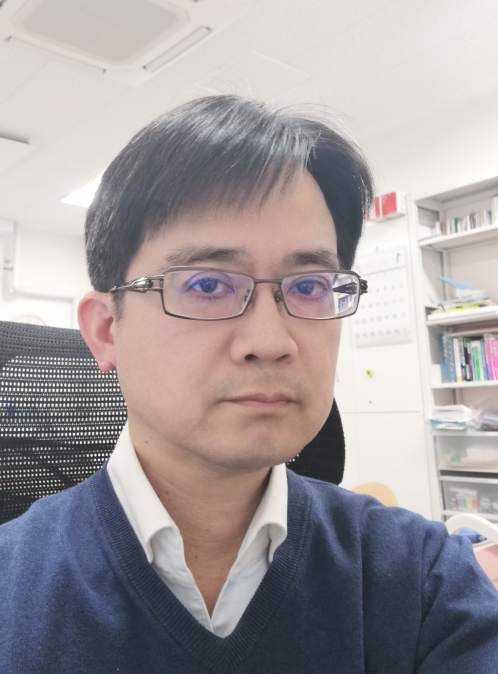
東京大学 大学院工学系研究科
教授
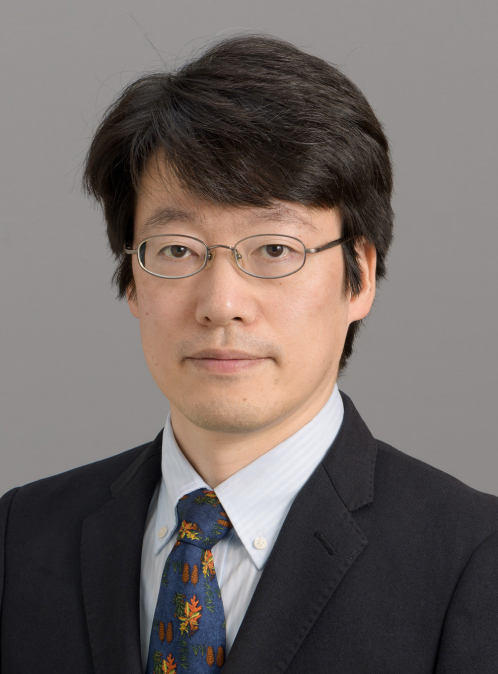
慶應義塾大学 理工学研究科
教授
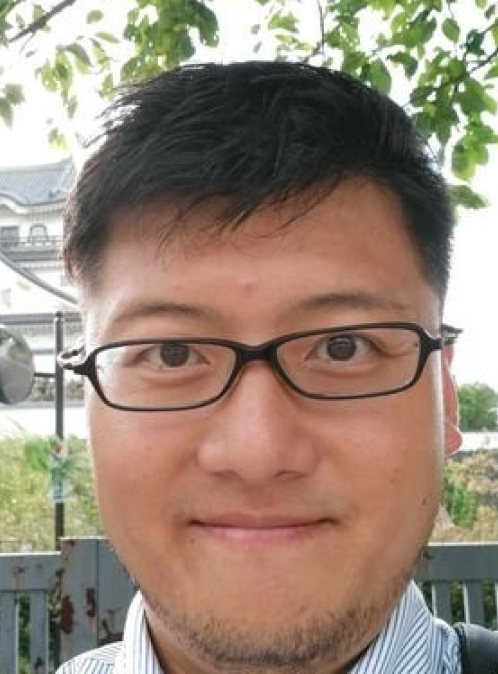
大阪大学 先導的学際研究機構 量子情報・量子生命研究センター
特任准教授

東京大学 大学院工学系研究科
助教

東京大学 大学院工学系研究科
大学院生

慶應義塾大学 理工学研究科
研究補助員

慶應義塾大学 理工学研究科
大学院生

慶應義塾大学 理工学研究科
大学院生

慶應義塾大学 理工学研究科
大学院生

慶應義塾大学 理工学研究科
大学院生

日本電気株式会社 システムプラットフォーム研究所
エキスパート

日本電気株式会社 コーポレート技術戦略本部
担当

日本電気株式会社 コーポレート技術戦略本部
シニアマネージャー

日本電気株式会社 コーポレート技術戦略本部
主任
ご質問、要望、依頼などお気軽にお問い合わせください。
お問い合わせ内容を確認んお植え、担当者よりご連絡させていただきます。